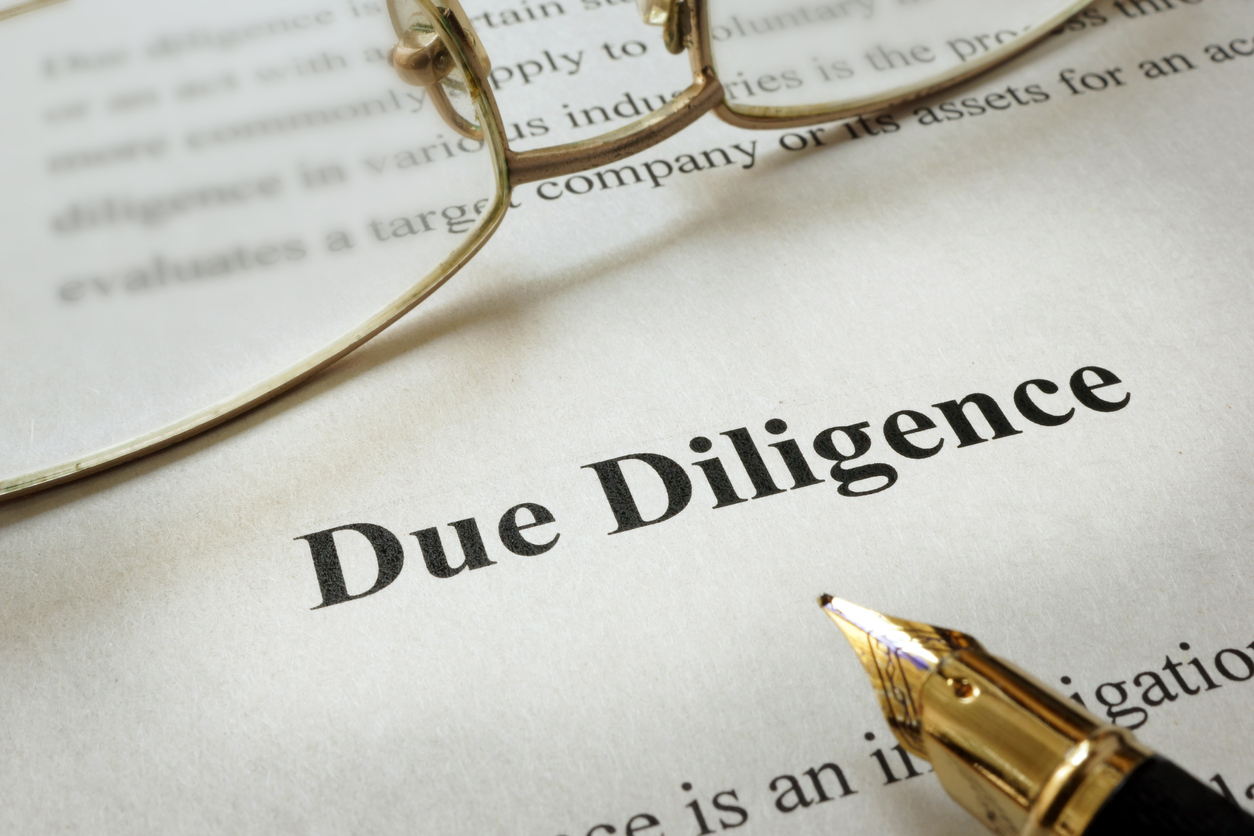When it comes to limited partnership sales, knowledge is not just power—it’s your key to a smooth and successful transaction. In this blog post, we’ll delve into the critical aspect of due diligence in selling limited partnership interests. Whether you’re a seasoned investor or just entering this arena, understanding the ins and outs of due diligence can make all the difference.
The Importance of Due Diligence in Selling
Why is due diligence crucial when you’re considering selling your interest in a limited partnership? To put it simply, due diligence is your insurance policy. It’s the process of conducting a thorough investigation into the partnership and its underlying assets. This investigation is your opportunity to assess the partnership’s health, performance, and potential risks.
Assessing the Partnership’s Financial Health
One of the first steps in due diligence is a deep dive into the financials. This includes reviewing financial statements, cash flow reports, and tax documents. Look for consistency and growth patterns. Are there any red flags, such as declining revenues or increasing liabilities? Understanding the financial health of the partnership is paramount.
Evaluating the Partnership’s Assets
Next on the due diligence checklist is assessing the partnership’s assets. This may involve scrutinizing real estate holdings, business equipment, or other assets. It’s vital to confirm ownership, condition, and value. A third-party appraisal can be invaluable in this stage, providing an objective assessment of asset values.
Understanding Partnership Agreements
Limited partnerships operate under specific partnership agreements. These documents outline the roles, responsibilities, and rights of each partner. While conducting due diligence in selling limited partnership interests, you’ll want to thoroughly review these agreements. Pay close attention to any clauses that may impact the sale of your interests. Are there restrictions on transferring ownership? Are there buy-sell provisions that dictate how a sale should occur? Understanding these details is critical.
Investigating Legal and Regulatory Compliance
The legal landscape is another area where due diligence shines. Are there any pending lawsuits or regulatory issues that could affect the partnership’s future? Understanding the legal standing of the partnership is essential to avoid surprises down the road.
Analyzing the Market and Industry
Zooming out from the partnership itself, due diligence should also include an examination of the broader market and industry trends. How is the real estate market performing in the area where the partnership holds assets? Are there any upcoming regulatory changes that could impact the industry? Being informed about the external factors that could affect your investment is a wise move.
Potential Red Flags in Due Diligence
While due diligence is primarily about gathering information, it’s equally important to recognize potential red flags. Here are some warning signs that should trigger caution:
- Lack of Transparency: If the partnership is reluctant to provide necessary documents or is evasive about certain aspects, this could indicate issues.
- High Debt Load: An excessive debt burden can put the partnership at risk, especially if cash flow becomes strained.
- Declining Performance: A consistent drop in revenues or profitability may signal trouble ahead.
- Legal Troubles: Pending lawsuits or unresolved regulatory matters should be thoroughly investigated.
The Due Diligence Timeline
Timing matters in due diligence. Ideally, you want to start the process well in advance of any intended sale. Conducting due diligence in selling limited partnership interests can be a time-consuming endeavor. However, rushing through it can lead to costly oversights, so it pays to take your time.
Professionals in Your Corner
Navigating due diligence in selling can be complex, and it often requires expertise beyond what the average limited partner possesses. Many investors choose to enlist the help of financial advisors, legal experts, and valuation professionals to ensure a comprehensive evaluation.
Final Thoughts on Due Diligence in Selling
When selling limited partnership interests, due diligence is your compass. It guides you through the maze of financial, legal, and operational considerations, helping you make informed decisions about your investment. Remember, your goal is not just to sell but to sell wisely.
As we’ve explored in this blog post, due diligence covers a spectrum of critical areas, from financial health to legal compliance. It’s your safeguard against potential pitfalls, and it empowers you to negotiate from a position of strength. So, whether you’re a seasoned investor or a newcomer to limited partnership interests, due diligence is your trusted ally on the path to a successful sale.
We hope you found this blog post on due diligence in selling limited partnership interests both informative and helpful. If you have any questions or would like to learn more about this topic, please don’t hesitate to reach out.

